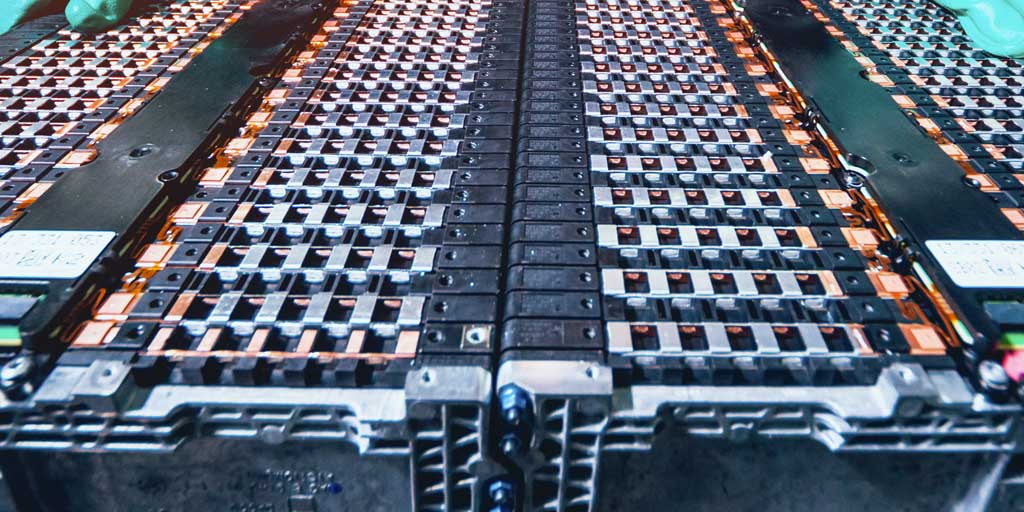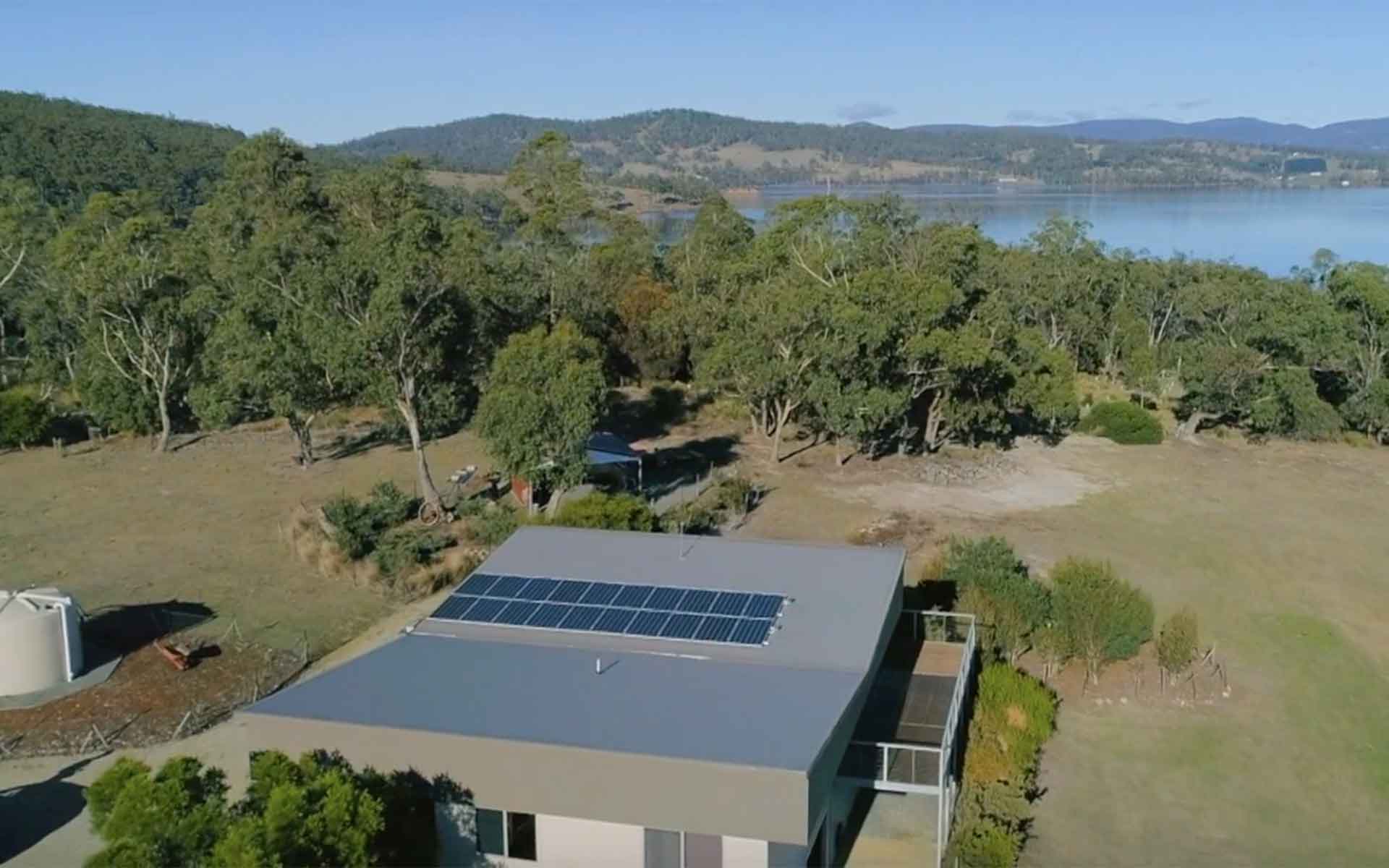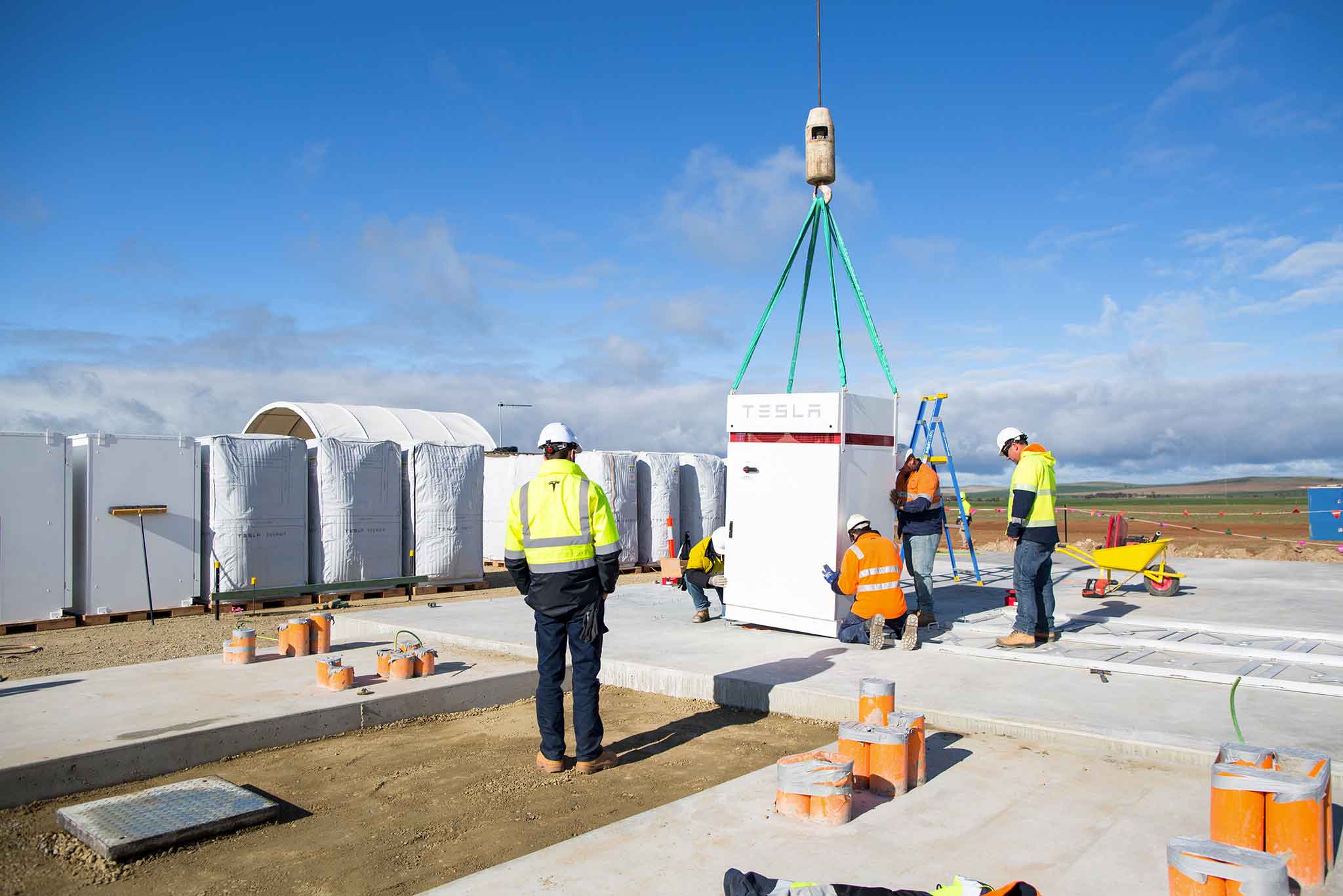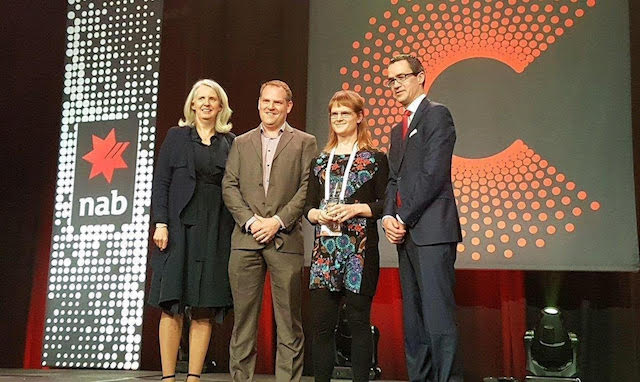Summary
The CONSORT Bruny Island Battery Trial successfully developed and demonstrated an innovative automated control platform that enables consumers with battery systems to provide support to a constrained electricity network. It continues to do so in a way that is of maximum benefit to both the consumer and the network.
Key results
- A world first for DER coordination: distributed solving of optimal power flow in live operations.
- ~33% reduction in diesel consumption over all trial peaks, using a maximum of just 34 installed battery/PV systems.
- A clear demonstration of the value of battery coordination: automatic coordination of battery systems was shown to double their effectiveness in reducing consumption of diesel during peak events, at net benefit to both battery owners and the network.
- A unique and extensive body of social science and economics research on consumer attitudes to new energy technologies, network support, and how to fairly reward customers for providing this support. A key recommendation is the importance of taking into account social research into issues like the uncertainty of consumer participation in DER, the diversity of customer responses to DER, the distinction between early adopters and others, and the issue of how consumers understand complex systems, when rolling out new energy technologies.
Learn more
Need
The Consumer Energy Systems Providing Cost-Effective Grid Support (CONSORT) project acknowledges that Australia’s high residential solar uptake is testing the technological limits of networks. Some networks are faced with the choice of either limiting further renewable uptake or undertaking costly network upgrades. Both options have the potential to negatively impact consumers.
Project innovation
At the heart of CONSORT is a platform called Network Aware Coordination (NAC). The NAC’s primary task is to automatically coordinate household energy systems (in a non intrusive way) enabling them to adhere to and alleviate network constraints. The trial effectively demonstrated the use of this approach to manage high renewable penetration and other constraints at a much lower cost than is conventionally possible. It addressed two key technical challenges:
- How to automatically coordinate consumers’ battery systems to achieve network support outcomes?
- How to automatically reward consumers for the services their battery systems provide?
A first of its kind, fully automated control platform was developed and deployed on Bruny Island, Tasmania. The platform explicitly models the network, allowing it to calculate near-optimal control decisions whilst ensuring that the network remains within its operating constraints. This is possible because of the distributed nature of the platform, which allows it to scale to real-world network sizes.
Another unique innovation of CONSORT was its insistence on the importance of social science and economics research to explore the customer side of innovation. Customers were brought on a journey, starting with their responsibility to commission their own subsidised systems, through installation and use of the systems in both normal operations and during system-support events. At each stage, they were asked to participate in focus groups and interviews and to keep energy diaries. Economics theory was used to explore the question of how to fairly reward customers for providing network support. This resulted in a rich body of understanding and lessons learnt.
Benefit
These new capabilities were used during peak load events on Bruny Island, Tasmania, to relieve the undersea cable supplying the island and reduce the need for expensive diesel generators.
The project was shown to successfully reduce TasNetworks’ peak operational costs on Bruny Island, replace diesel consumption with hydro power and rooftop solar, and reward island consumers for their investment and support.
The resulting platform provides a new revenue stream for consumers with solar photovoltaic (PV)-battery systems and a new lower-cost principled solution and tool for utilities to manage network issues. In the future, this solution could carry over to other types of consumer systems, including electric vehicles, hot water heating and smart appliances.







